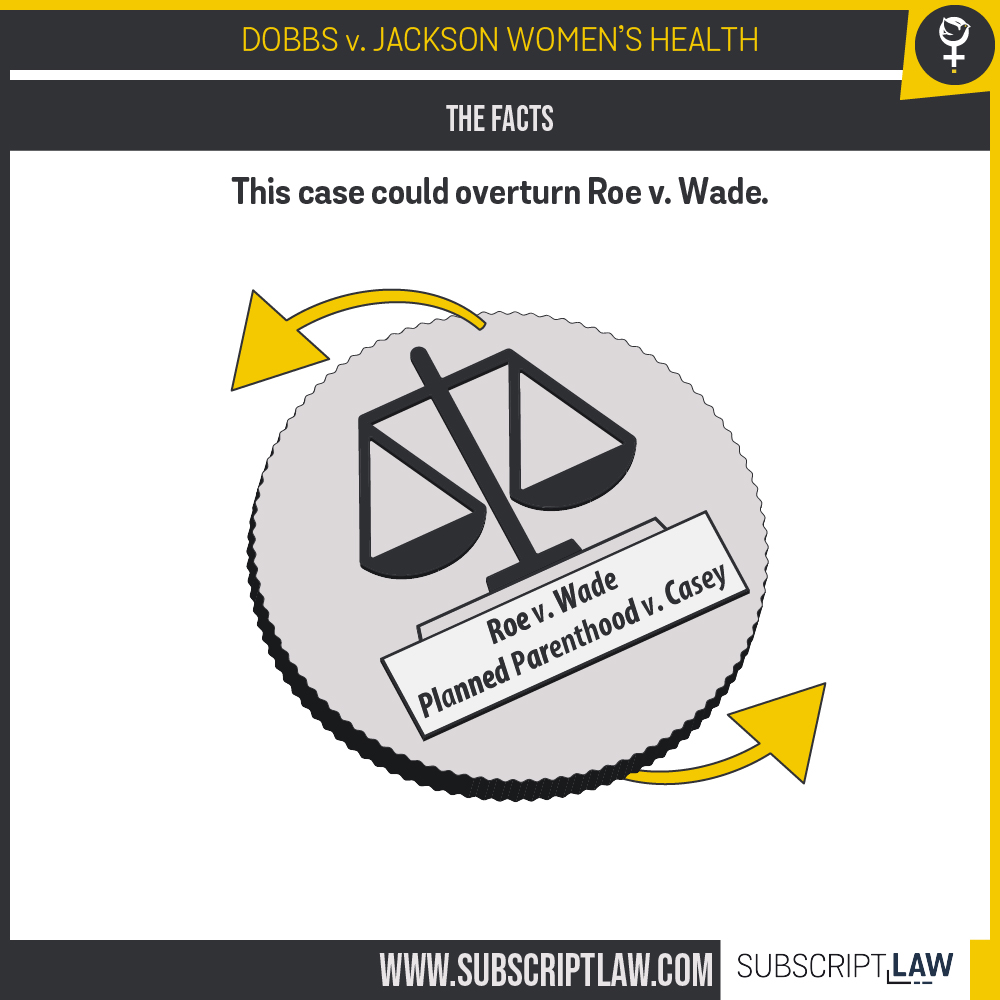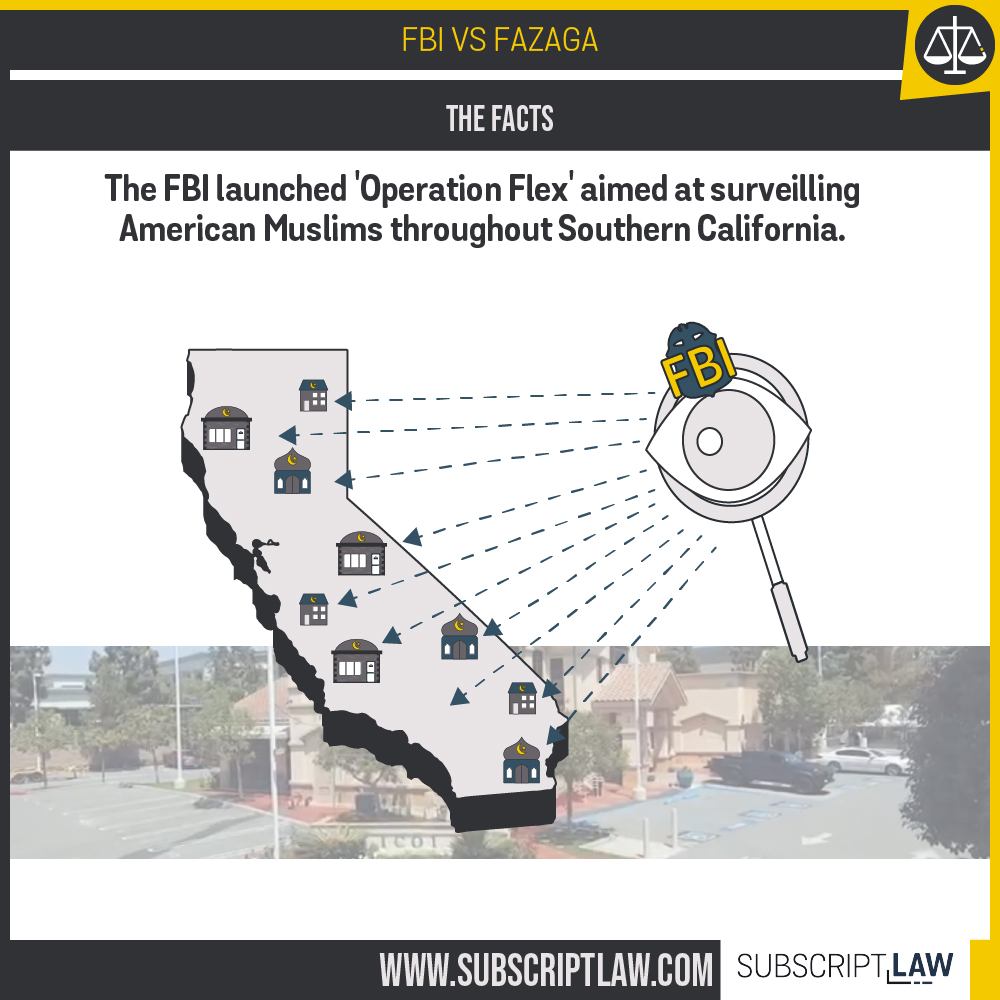
This case has been decided. See how it turned out!
On the Supreme Court’s busy Fourth Amendment day, the Justices will consider if police can search a parked, covered motorcycle without a warrant. Is it enough like an automobile?
Police in Virginia had been on the lookout for an orange Suzuki racing motorbike. Its driver had escaped two officers at different times.
Based on a tip from an informant, the officers tracked a Facebook photo of the suspected bike to a home where they saw a motorcycle sticking out from under a tarp. The officer could see 1/4 of a wheel, including enough of the accents to recognize the distinct features of the Suzuki they were looking for.

One of the officers uncovered the motorcycle, identified it, and wrote down the VIN number. It turned out to have been stolen from New York several years before. Ryan Collins, already a suspect in the motorcycle escapes, was dropped off at the house shortly thereafter. The officers questioned him and ended up arresting him for receiving stolen property.
The Fourth Amendment
The Fourth Amendment protects people from unreasonable police search. What is reasonable? Since 1967 (Katz v. United States), the Supreme Court has said that depends on whether a person has a reasonable expectation of privacy from search of the particular place. The word reasonable brings in societal standards (not personal standards).
Society has a different expectation of privacy in the home versus the car. In fact, since 1925, the Supreme Court has recognized that mobile vehicles should be treated differently than other places that the police may want to search. In Carroll v. United States, the Court established the “automobile exception,” recognizing that it’s not always practicable to get a warrant to search an automobile because an automobile “can be quickly moved out of the locality or jurisdiction in which the warrant must be sought.”
In 1985 (California v. Carney), the Court put the automobile exception in terms of the Katz v. United States lingo of reasonable expectation of privacy.” It was then that the Court added a second justification beyond mobility: that our society expects less privacy in automobiles because they are heavily regulated.
Other exceptions to the warrant requirement
The lower court in this case (Virginia Supreme Court) said that the search was justified under the automobile exception to the warrant requirement. However the court below that, the Court of Appeals of Virginia, used a different exception: the exigency/emergency exception. The exigency exception is basically an in-case-of-emergency exception that police may use to search in cases where evidence could be destroyed or hidden quickly. The automobile exception includes a similar rationale – that police may need to search more readily things which could be moved or hidden quickly. The Supreme Court may mention the exigency exception in this case.
Click here for a complete list of the exceptions to the Fourth Amendment’s warrant requirement.
See the other Fourth Amendment case to be argued on the same day: Byrd v. United States.
More Information
- Case infographic highlighting the history of the Fourth Amendment: Carpenter v. United States (current Supreme Court case, awaiting decision).
- Landscape of laws relating to government surveillance (highlighting progression of Fourth Amendment with changes in technology).
- Other Subscript resources relating to criminal law.





